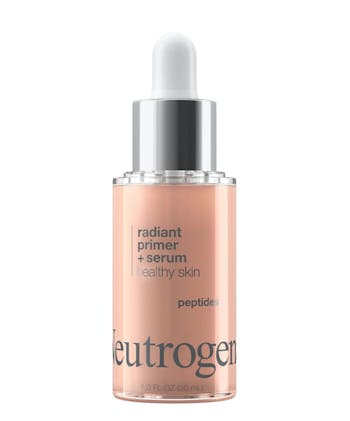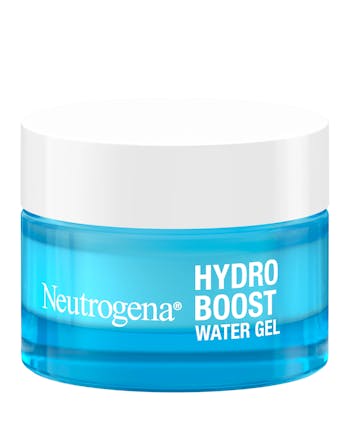With so many steps already in your daily skincare regimen, you might wonder if every product is absolutely necessary. For instance, do you really need a serum and a moisturizer crowding your shelf?
The answer is yes! While both hydrate and revitalize the skin, they provide very different functions. Plus, they can — and should — be used simultaneously for optimal results. Here's what you need to know about the difference between serum and moisturizer products.
Serums Address Specific Issues, Moisturizers Hydrate Skin
Serums generally tend to be more concentrated, containing high doses of active ingredients. Moisturizers, on the other hand, are more geared toward keeping the skin hydrated. Their active ingredients — namely vitamin C, hyaluronic acid, retinol and vitamin E — are formulated in higher doses so they can address specific skin issues such as hyperpigmentation and fine lines.
"Serums are typically lighter than moisturizers due to the fact that they're more water-based and usually don't consist of thicker skin sealants the way moisturizers tend to," explains Hal Weitzbuch, M.D., dermatologist at the Calabasas Dermatology Center. "These properties make them easier to rub in and be absorbed by the skin."
Moisturizers tend to have a heavier feeling since they contain more emollients and less water. Although they feature some of the same active ingredients as a serum, moisturizers' main purpose is keeping the skin moist — hence the name. These products are tasked with the all-important job of maintaining the barrier function of the skin so it's less vulnerable to the effects of free radicals and toxins in the environment as well as damage caused by unhealthy lifestyle habits.
How Serums and Moisturizers Should Be Used
Because there's a difference between serum and moisturizer products, Dr. Weitzbuch notes that the best way to use them is together either once or twice daily. "Serums are applied to the skin in order to place important active ingredients in direct contact with the skin, maximizing absorption," he explains. "And moisturizers are placed over the serum, preferably after it dries somewhat, which helps retain water while also helping increase absorption of the serum actives as well."
The only times Dr. Weitzbuch recommends using serums alone is in cases when the skin is already well hydrated or oily — essentially, when any extra moisturizer would cause it to appear over-hydrated. Meanwhile, moisturizers can be effective alone if hydration is the only goal (but most skin can benefit from some serum, too).
When It Makes Sense to Skip Serums
If your skin tends to be itchy, red, flaky, ashy or generally tight, it might benefit most from using a moisturizer alone, as some of the active ingredients found in serums (such as retinoids or hydroxy acids) can potentially exacerbate existing irritation.
From season to season, the amount of humidity in the air can make a big difference for moisture levels — it's the reason why many people experience drier skin during the winter. Age is another factor, as most people's skin becomes drier as they age, according to Hadley King, M.D., a dermatologist and clinical instructor of dermatology at the Weill Medical College of Cornell University.
One thing to remember about serums is that a little tends to go a long way. Remember that bit about the high concentration of ingredients? This is great for extending the shelf life of a product that tends to be a bit more pricey than your average moisturizer. Just a few drops on the palm of your hand should do the trick as far as serum is concerned. To further seal in that hydration, remember to top it off with a moisturizer once or twice daily!











